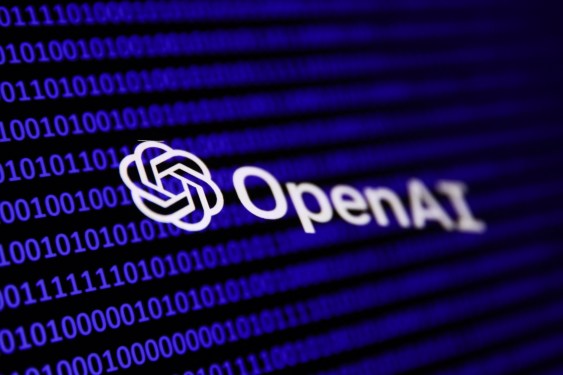AI Controversy: Did OpenAI Train Models on Paywalled Books?

In a recent debate surrounding artificial intelligence practices, OpenAI stands accused of utilizing copyrighted materials without permission. An intriguing study from the AI Disclosures Project, co-founded by industry figures Tim O’Reilly and Ilan Strauss, raises serious questions about the training data for OpenAI’s advanced GPT-4o model.
AI models, akin to sophisticated prediction machines, synthesize their responses based on vast datasets comprising various forms of media. Critics argue that these systems, while innovative, often do not create genuinely original content. Instead, they operate by identifying patterns and generating responses based on existing information. As AI entities exhaust publicly available resources, the shift towards synthetic training data from non-public sources becomes increasingly contentious, with possible accusations of copyright infringement lurking in the background.
The focal research suggests that OpenAI potentially leveraged non-public, paywalled literature from O’Reilly Media to enhance its latest GPT iteration, GPT-4o. The absence of a licensing agreement between O’Reilly and OpenAI gives additional weight to these allegations. Supporting their thesis, the co-authors utilized a novel method called DE-COP, introduced in 2024, which assesses whether AI models can distinguish between human-written texts and their AI-generated counterparts. Results indicated that GPT-4o showed a marked increase in recognition of protected O’Reilly content compared to earlier models, reinforcing suspicions about the sources of its training data.
However, the authors urge caution. Their analysis does not provide unequivocal proof of misconduct, acknowledging the limits of their methodology and suggesting that OpenAI’s models may have interacted with user-generated excerpts instead. Furthermore, they did not examine OpenAI’s latest models, such as GPT-4.5, which may have different datasets altogether.
OpenAI has long advocated for broader definitions of fair use in data training, battling ongoing legal disputes about copyright regulations with several institutions. Despite these efforts, the implications of this paper could spell complications for the company as it navigates the fine line between innovation and copyright adherence.
OpenAI, curiously, did not provide comments on these claims when approached for a response, leaving the conversation open-ended amid increasing scrutiny of AI training practices.
For further reading on the evolving landscape of AI ethics and policies, visit OpenAI’s stance on AI and copyright or delve into the latest updates at the AI Disclosures Project.
Engage with our webpage for more comprehensive insights on AI training methods and the implications of synthetic data use in this fast-paced technological environment.
In summary, as AI continues its rapid development, the question of ethical boundaries in training practices is more pertinent than ever.
